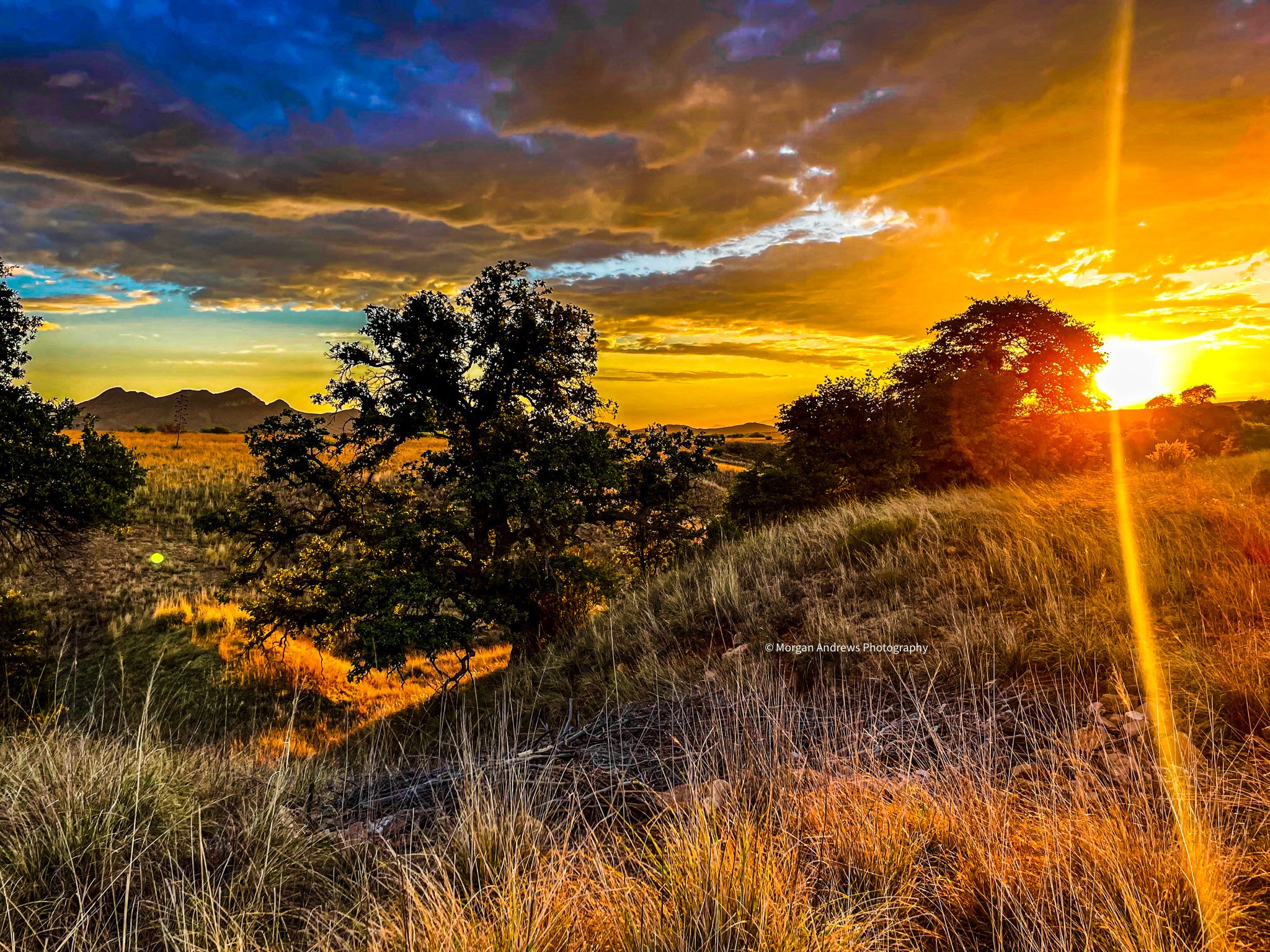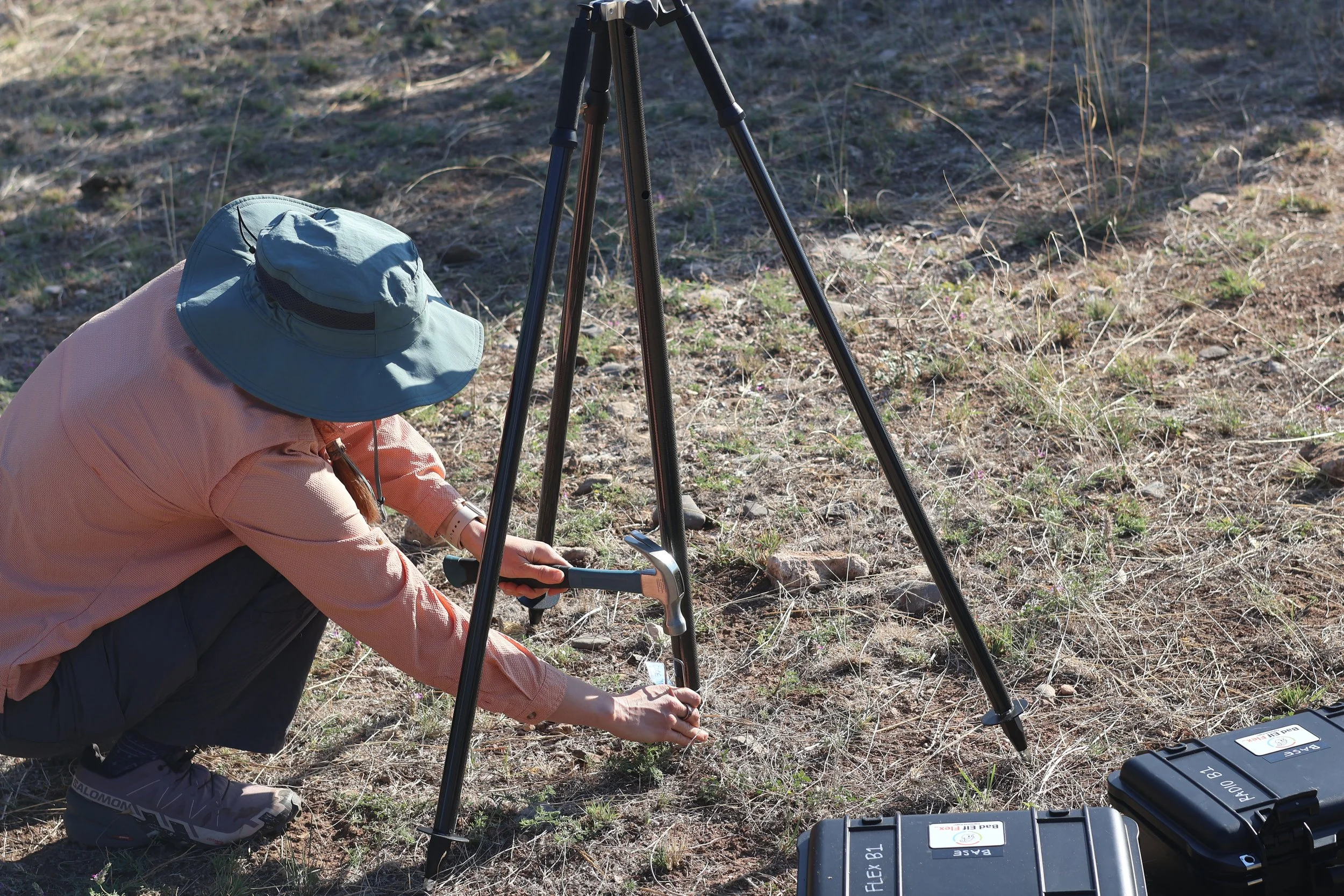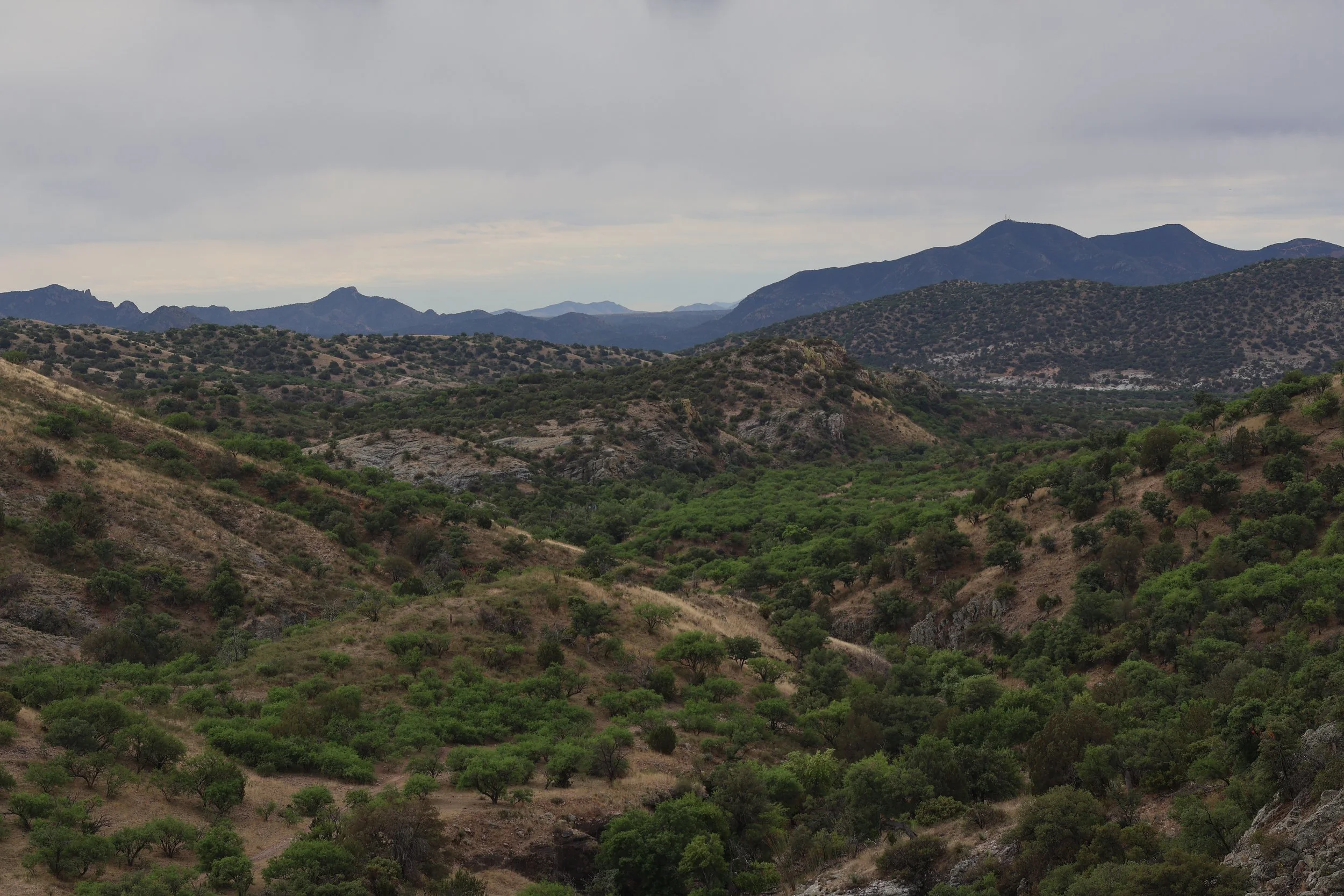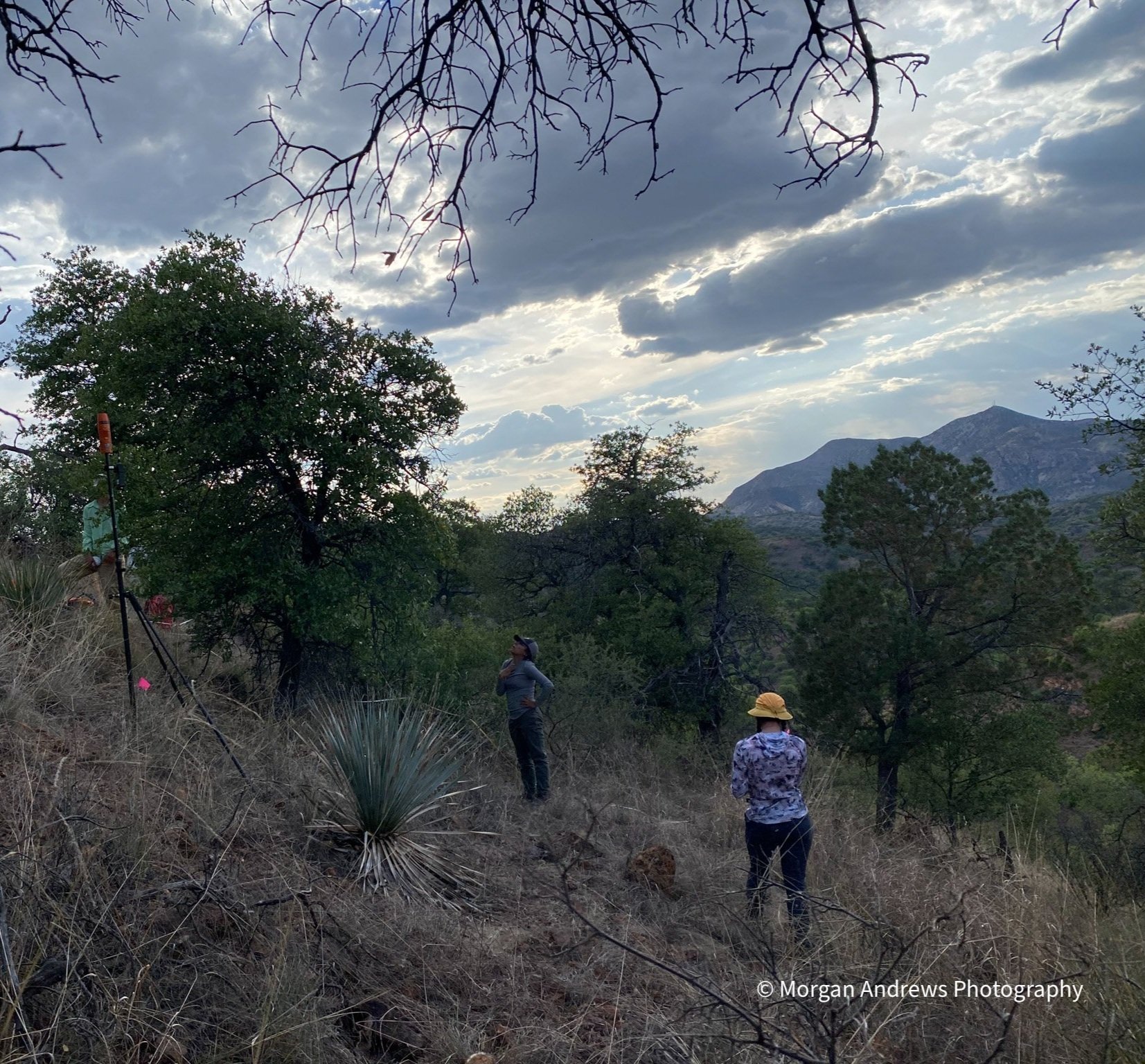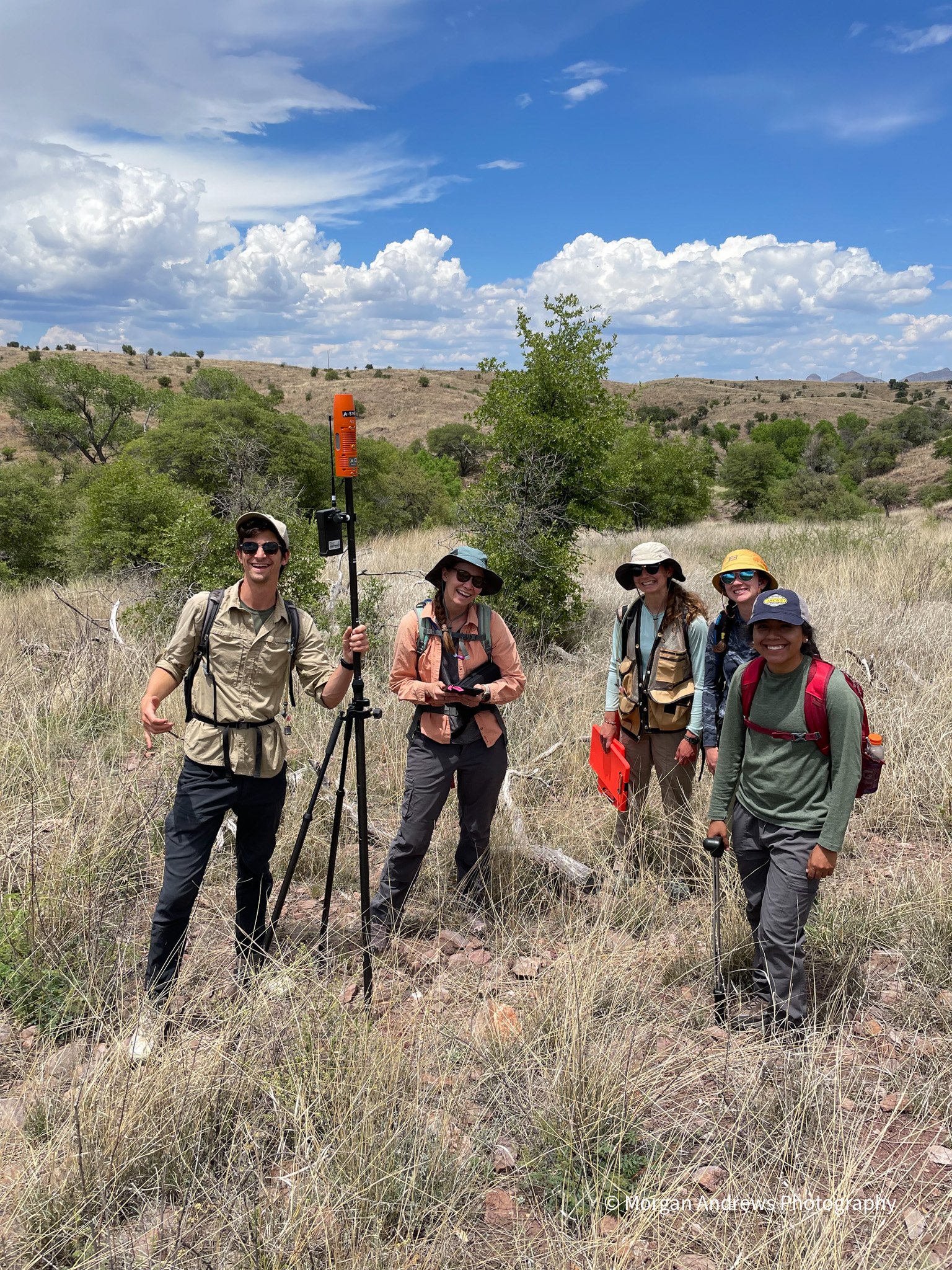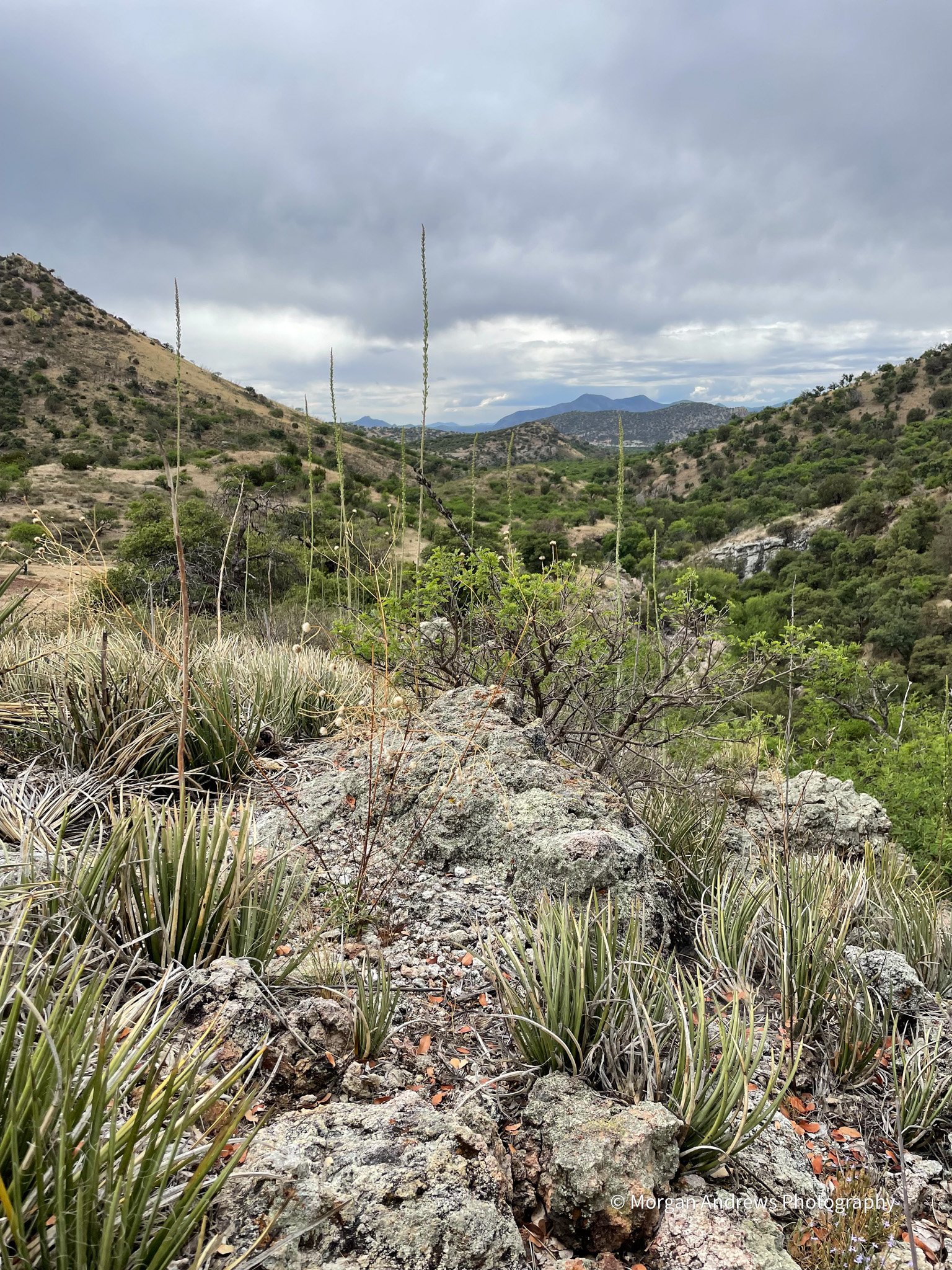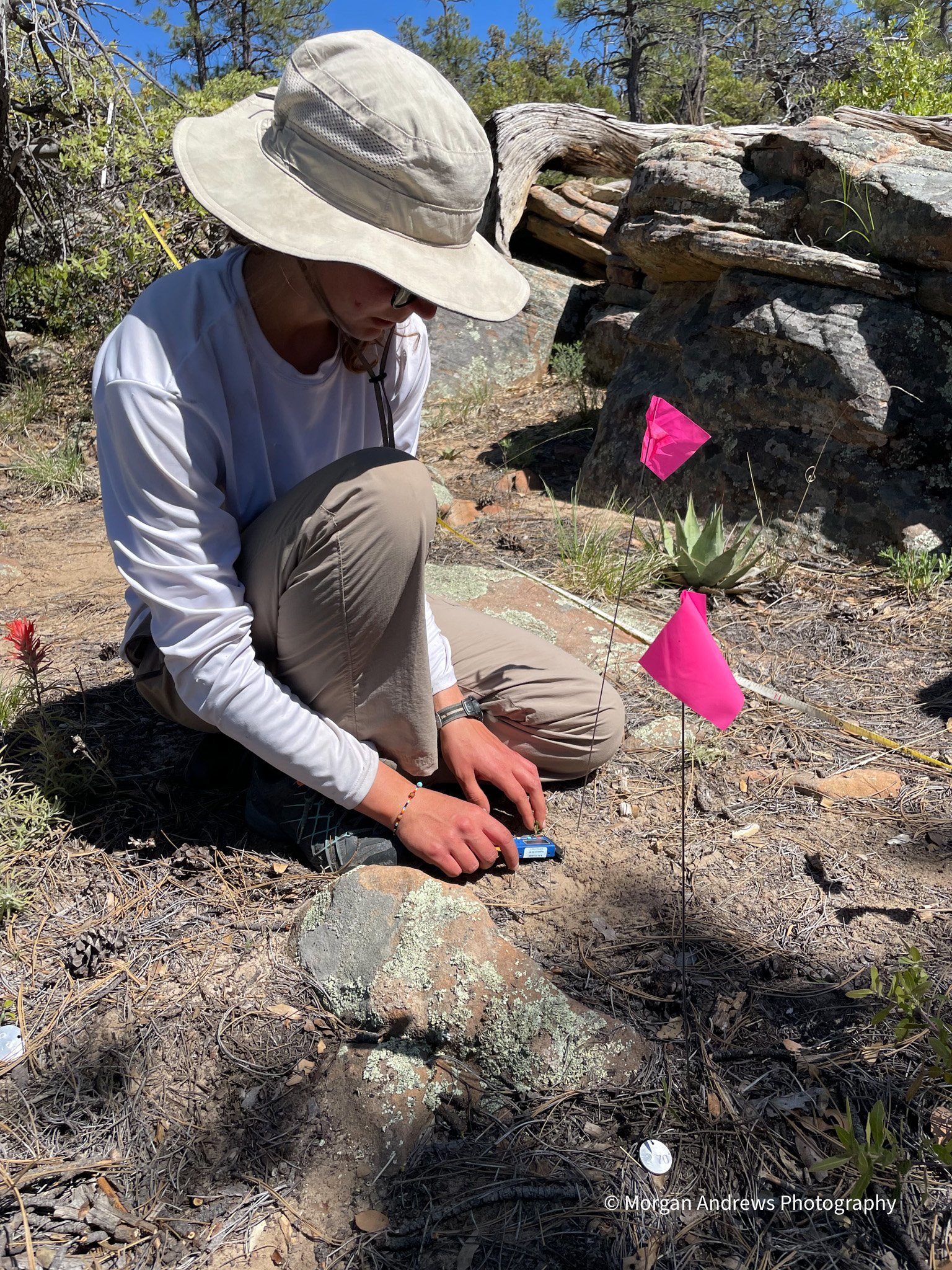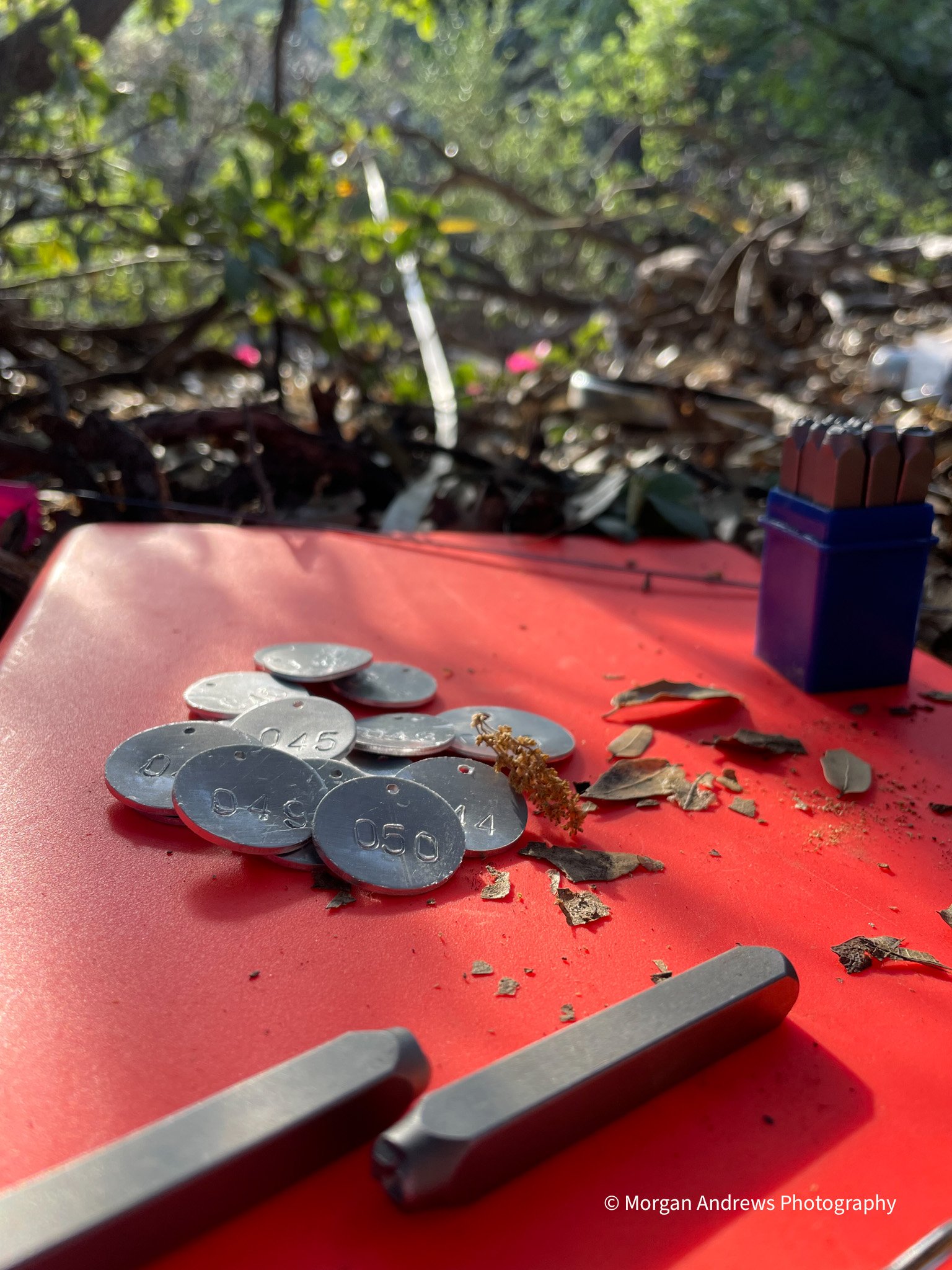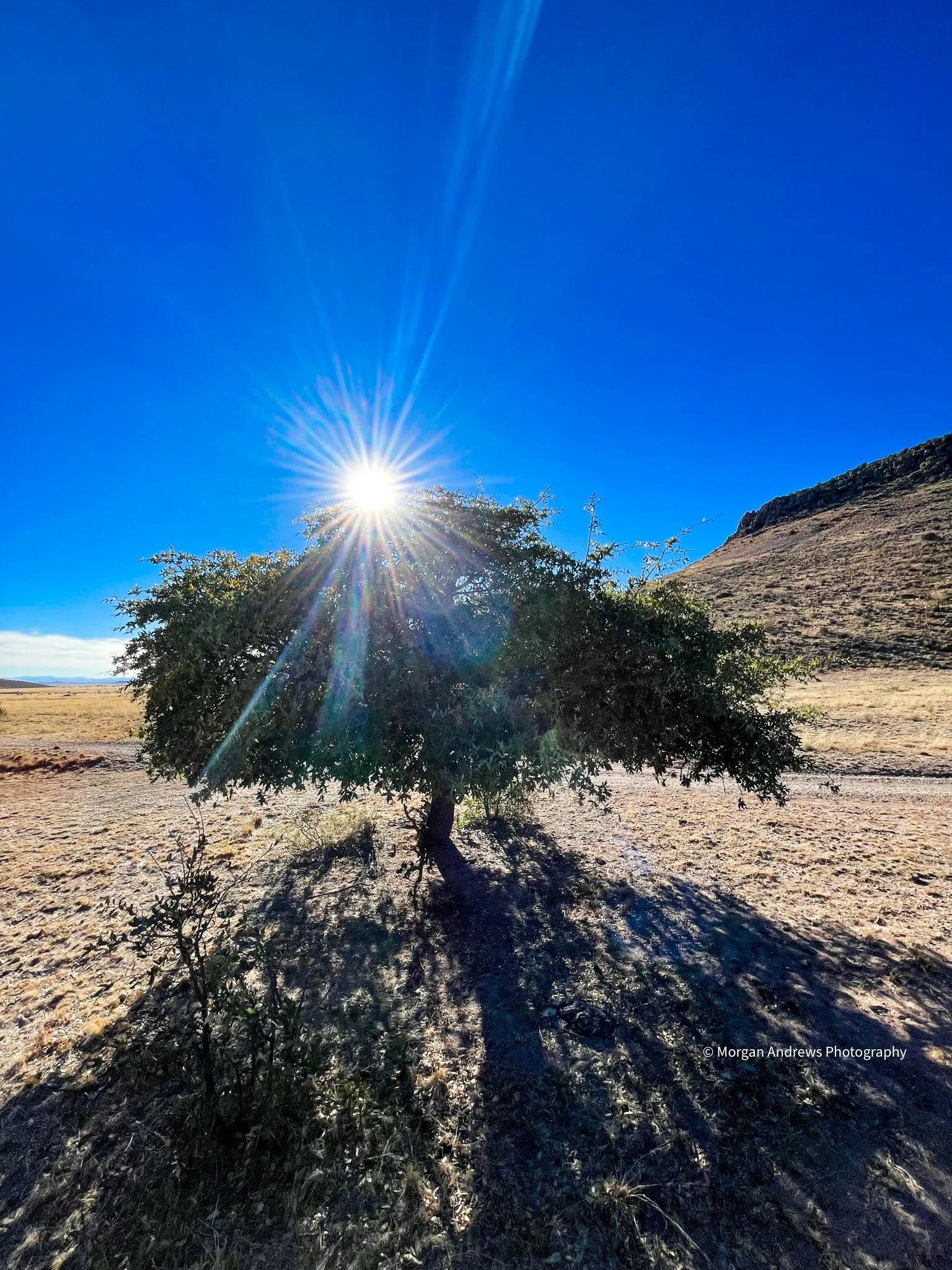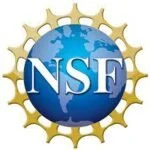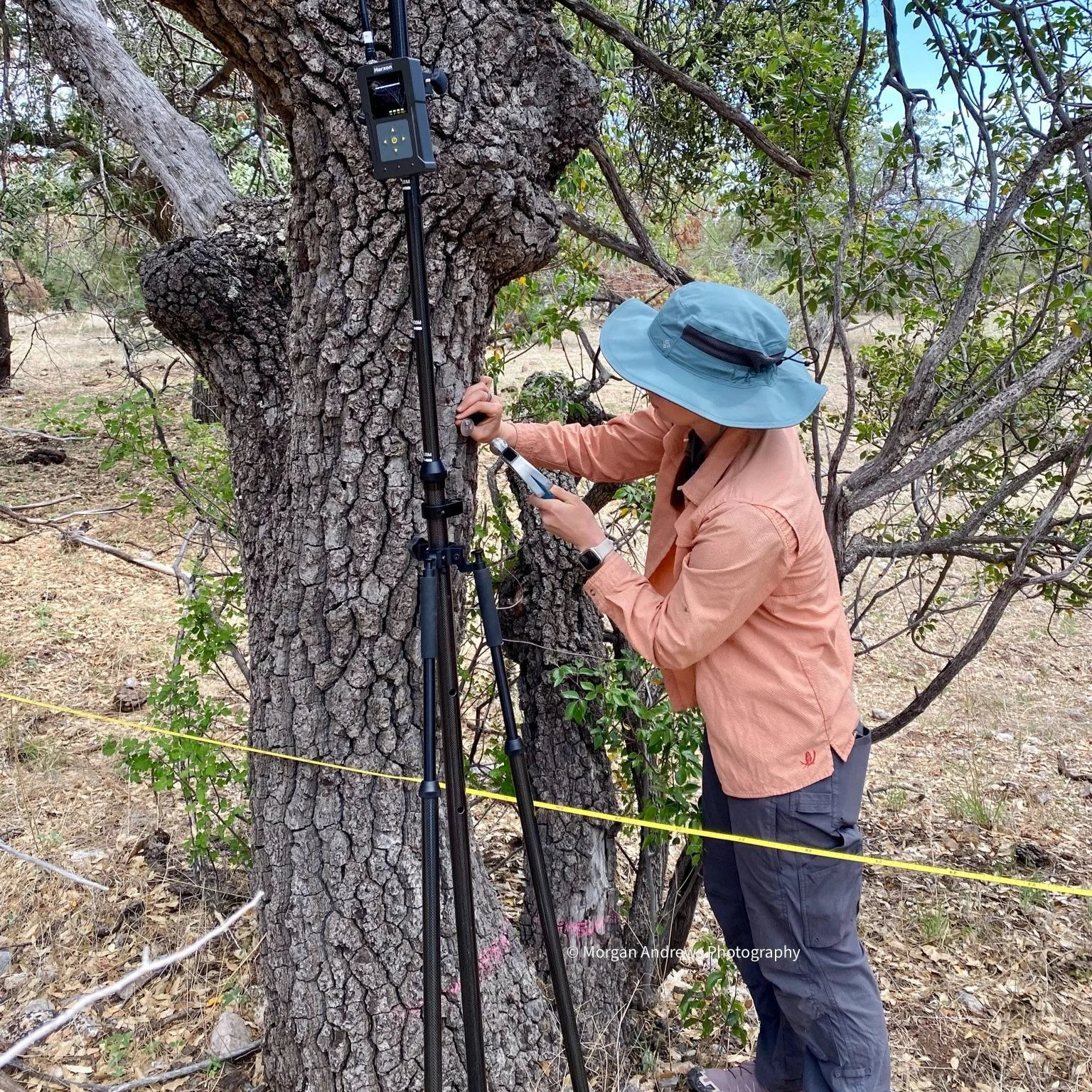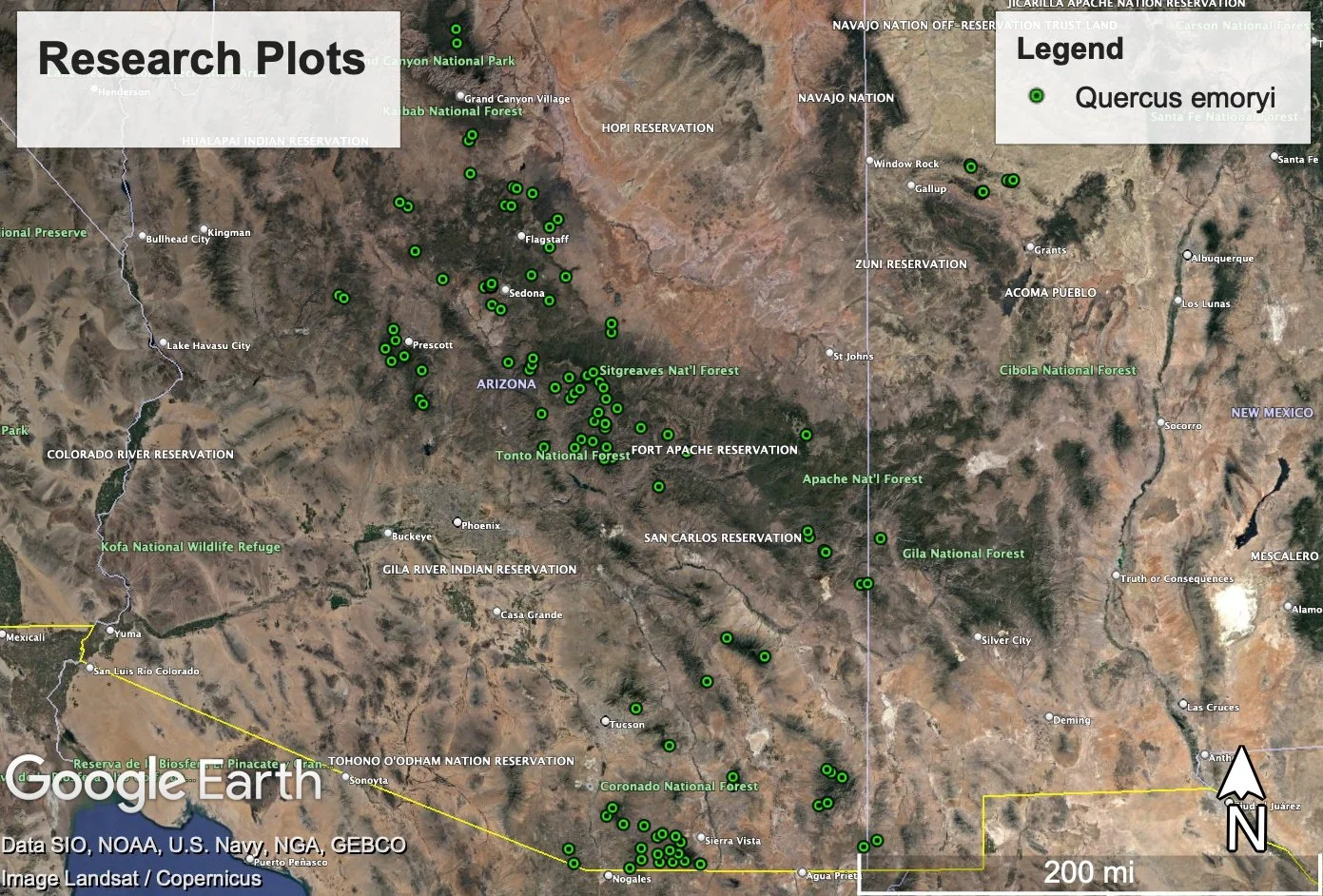DISES: Coupled Natural Human Systems
Restoration of a southwestern cultural keystone species: Integrating socio-ecological systems to predict resilience of traditional acorn harvest by western Apache communities
For many Native American communities, spiritual and cultural activities rely on natural resources that provide food, dyes, medicines, and materials for traditional crafts. In the southwestern US, western Apache people use Emory oak acorns (Chi-chil) to cook traditional or ceremonial foods. For thousands of years, Apache Tribes managed key processes in oak woodlands, moving acorns around the landscape, shaping fire patterns, and hunting wildlife that feed on acorns and young plants. Similarly, oak forests supported cultural practices, provided nutritious food, and encouraged families to meet, giving elders the opportunity to teach new generations about traditional life ways. For these reasons, the health of both Apache communities and oak woodlands are linked. The relationship between western Apache Tribes and Emory oaks was disrupted after most Apache people were moved to reservations in the 1800s. Now, Emory oaks are declining due to factors like drought, which are increasing in severity due to climate change. At the same time, fewer young Apache Tribal members harvest acorns than in the past. By examining patterns hidden in the DNA and tree rings of Emory oak, combined with the knowledge of tribal elders, researchers, and tribal members piece together key aspects of the traditional relationship between Apache people and oaks. Lessons from the past combined with an understanding of modern oak woodlands allows researchers to develop strategies to better conserve oaks, and in doing so, support Apache traditions related to acorn harvest. The project will contribute to the training of Indigenous scholars by reaching out to undergraduate interns and graduate fellows at historically Indigenous learning institutions. Broder impacts will also arise from a novel mentorship program that includes Tribal professionals and/or elders on student advising teams to foster a supportive learning environment, increase student retention, and integrate traditional ecological knowledge into western scientific knowledge frameworks. The research will support tribal youth initiatives and intergenerational knowledge transfer, and it will curate sociological and ecological information to ensure persistence of regional Indigenous knowledge.
For thousands of years the Apache people influenced the oak ecosystems, by moving acorns around the landscape, altering patterns of disturbance like fire regimes, and affecting wildlife consumption of acorns and seedlings. When Apache communities were relocated onto reservations, traditional management and knowledge of these oak woodlands was largely lost. Today, oak populations are declining, and fewer Apache youth practice traditional harvest. In the case of Emory oaks, climate change drives habitats to cooler or wetter areas, sometimes away from tribal lands, and intensifies disturbances like drought and fire that can destroy traditional gathering sites. To address this problem, this research reconstructs key components of the past Emory oak-western Apache system using Apache oral history and ecological messages from the past. Ecological Data will be collected from tree rings and genetic sampling. The researchers will integrate this historical information into models, in combination with data describing current ecological function and cultural practices using multi-paradigm modeling techniques. These analytical methods will integrate social and ecological variables, flows, and feedbacks within complex socio-ecological systems and advance socio- ecological modeling, which necessitates the incorporation of disparate data types into quantitative frameworks to explore emergent system properties.
-
Sara Souther, PhD
Assistant Research Professor, School of Earth and Sustainability
Core member, Center for Adaptable Western Landscapes, Northern Arizona University
Clare Aslan, PhD
Associate Director and Associate Professor, School of Earth and Sustainability
Co-Director, Center for Adaptable Western Landscapes, Northern Arizona University
Alark Saxena, PhD
Assistant Professor, Northern Arizona University
Diana Stuart, PhD
Associate Professor, Northern Arizona University
Amy Whipple, PhD
Associate Professor and Associate Chair, department of Biological Sciences, Center for Adaptable Western Landscapes, Northern Arizona University
Peter Z. Fulé, PhD
Professor, Northern Arizona University
Andi Thode, PhD
Professor of Fire Ecology and Management, School of Forestry, Northern Arizona University
-
Laura Nicholson
PhD candidate in the school of Earth & Sustainability with a concentration in Ecology, Evolution and Conservation Biology, Northern Arizona University
Field Study
In 2023, 100 plots were established throughout the range of Quercus emoryi (Emory oak). These plots were selected for their cultural significance and to ensure a spatially balanced distribution across the landscape. Emory oak trees were individually tagged and mapped to be followed through time.
Products
-
Souther, S., Columbo, S. and N. Lyndon. 2023. Integrating traditional ecological knowledge into US public land management: Knowledge gaps and research priorities. Frontiers in Ecology and Evolution, 11, 27. https://doi.org/10.3389/fevo.2023.988126
-
-
Adriana Garcia Rivera
MS Environmental Sciences & Policy, Northern Arizona University
Adriana graduated with her master’s under Dr. Sara Souther in Spring 2024. Adriana’s graduate research focused on identifying constraints on the recruitment of Emory oak, a cultural keystone species for the western Apache tribes. She was combining her interest in wildlife ecology with plant demography to explore landscape-level variation in recruitment across Emory oak’s range, particularly focusing on differences in acorn predation and dispersal rates. Her research will contribute to conservation efforts on Emory oak landscapes and support collaboration between members of several Apache tribes, the U.S. Forest Service, and researchers to preserve Emory oak trees.
Coming soon!
-
Coming soon!
-
Coming soon!
